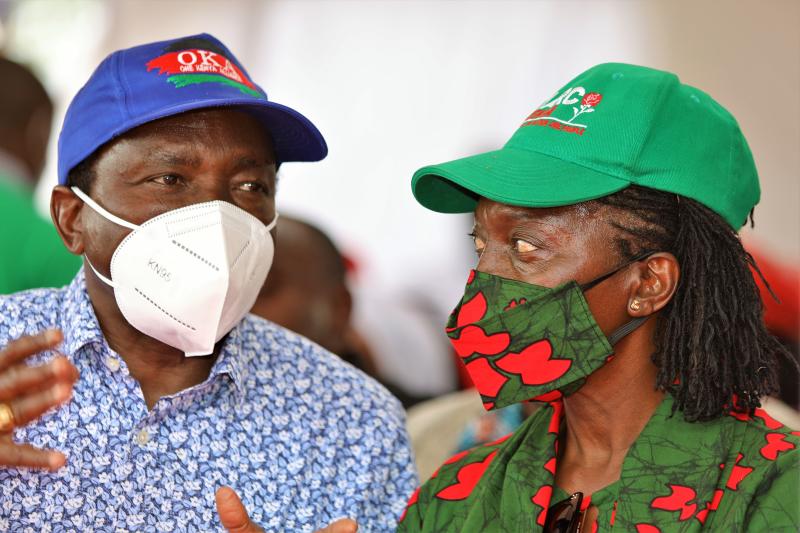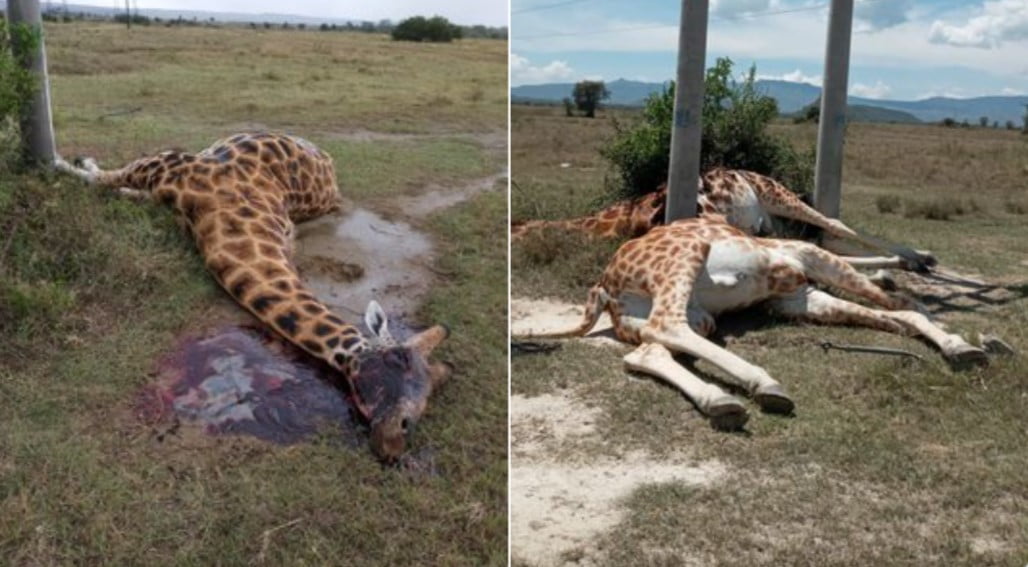Opposition politicians Kalonzo Musyoka and Martha Karua have accused the Kenya Kwanza government of greenlighting a toxic consignment of sugar into the country.
According to the duo, a 25,000-metric-tonne sugar shipment—already flagged as unfit for human consumption at its port of origin—has not only arrived at the Port of Mombasa but is reportedly en route to Western Kenya for repackaging and resale.
This explosive claim has triggered outrage, with calls for the consignment’s immediate destruction and a full investigation into the complicity of state officials.

How Unfit Sugar Cargo For Sale Endangers Kenyan Lives
The opposition’s statement has sparked public anxiety, especially in light of past scandals involving contaminated goods. Kalonzo and Karua allege that the Ruto administration cleared the unfit sugar without public disclosure, despite full knowledge of the danger it poses to citizens.
“We are aware of a cargo of 25,000 MT of sugar that recently landed at our Port of Mombasa. This sugar, already declared unfit for human consumption at its port of origin, is on its way to a sugar factory in Western Kenya to be repackaged and sold to unsuspecting Kenyans,” the statement read.
If true, this means thousands of Kenyans, especially in rural and low-income areas, could unknowingly consume contaminated sugar. The likely health effects range from long-term organ damage to fatal poisoning—especially if the sugar contains toxic chemicals, mold, or industrial waste residues.
Consumer watchdogs and medical experts have also warned about the consequences of consuming sugar not cleared by the Kenya Bureau of Standards (KEBS). Such sugar can harbor carcinogens, heavy metals, or banned preservatives—making this a public health emergency in the making.
The opposition leaders have demanded the consignment be destroyed in public. “Kenyans are under socio-economic and emotional assault,” they warned. “This is not only illegal and unconstitutional—it is criminal.”
Accusations of High-Level Corruption and Secrecy
Beyond the health risks, Kalonzo and Karua point to a deeper rot in government operations. They claim that the unfit sugar deal is just one symptom of a broader system of secretive corruption enabled by “Special Purpose Vehicles” (SPVs).
“These murky vehicles are controlled by faceless technocrats and unaccountable corporations,” the statement reads. “Their purpose is to bypass Parliament, the Auditor-General, and the public. This is not just daylight robbery—it is shameless theft on a scale never witnessed before.”
SPVs are financial entities typically used in the corporate world to isolate risk. But in Kenya’s context, the opposition claims they are now being used to hide transactions involving billions of shillings in public funds—without any legal oversight.
By using SPVs, the government allegedly evades constitutional safeguards and avoids scrutiny from oversight bodies. The sugar consignment, they suggest, may have been approved through such back channels, avoiding the usual safety and customs checks.
Public Trust Crumbles as Institutions Fail
This incident is yet another blow to the credibility of Kenya’s oversight institutions. The Kenya Bureau of Standards (KEBS), the Kenya Revenue Authority (KRA), and even the Ministry of Health are now under pressure to explain how such a dangerous cargo could enter the country without public alert.
In previous years, KEBS has intercepted shipments of toxic maize, substandard medical kits, and other contraband goods. But in this case, silence from the agency is fueling speculation that top officials may have been compromised.
Civil society groups have joined the opposition in demanding answers. “If this sugar is truly unfit, then every institution that let it through has blood on its hands,” said one activist. “This is a mass poisoning attempt enabled by greed and corruption.”
At the heart of the crisis is a growing sense that the Kenyan public has been abandoned. From defunded schools and unpaid medical staff to toxic sugar on supermarket shelves, the perception is that the government has turned its back on its own people.
Even as Kenyans struggle with skyrocketing food prices, what little they can afford might now be contaminated.











































